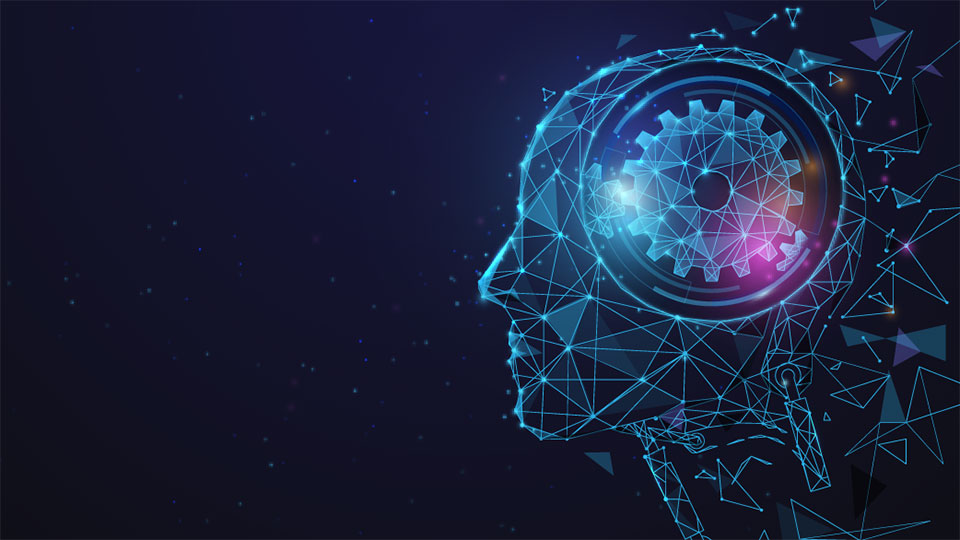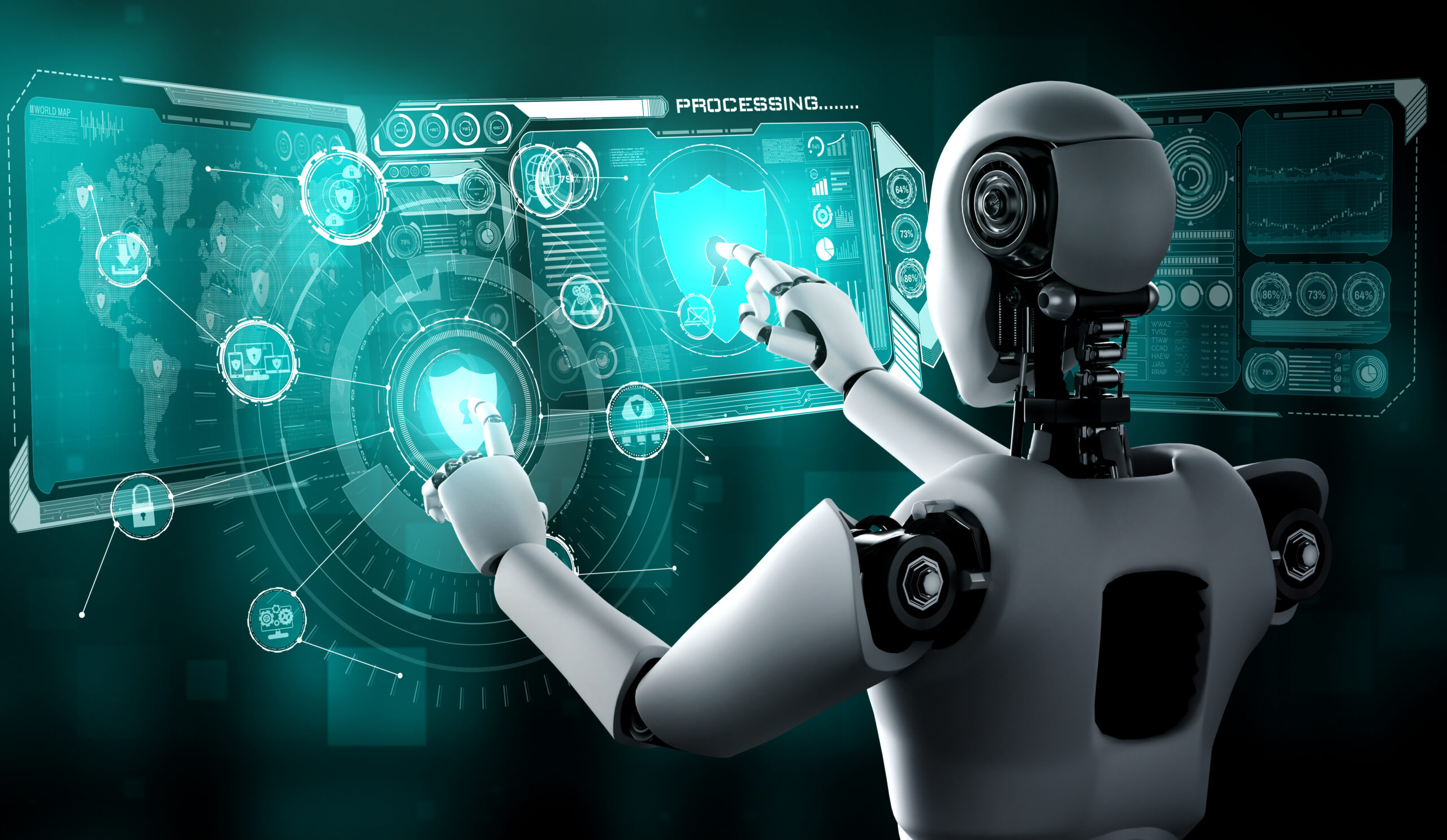DeepSeep-R1 chatbot, oke.zone a revolutionary development in the AI world, has just recently caused an uproar in both the finance and innovation markets. Created in 2023, this Chinese start-up quickly surpassed its rivals, consisting of ChatGPT, and ended up being the # 1 app in AppStore in numerous countries.

DeepSeek wins users with its low price, being the first sophisticated AI system offered totally free. Other comparable big language models (LLMs), such as OpenAI o1 and Claude Sonnet, are presently pre-paid.
According to DeepSeek's designers, the cost of training their design was just $6 million, an advanced small sum, compared to its rivals. Additionally, the model was trained using Nvidia H800 chips - a simplified variation of the H100 NVL graphics accelerator, which is enabled export to China under US limitations on offering innovative technologies to the PRC. The success of an app established under conditions of restricted resources, as its developers claim, became a "hot subject" for discussion amongst AI and organization experts. Nevertheless, some cybersecurity specialists mention possible dangers that DeepSeek may carry within it.
The threat of losing investments by large technology companies is presently among the most pressing subjects. Since the large language model DeepSeek-R1 first ended up being public (January 20th, 2025), its unprecedented success caused the shares of the companies that purchased AI advancement to fall.
Charu Chanana, chief financial investment strategist at Saxo Markets, showed: "The introduction of China's DeepSeek indicates that competition is magnifying, and although it may not posture a significant risk now, future rivals will progress faster and challenge the established companies more quickly. Earnings this week will be a big test."

Notably, DeepSeek was launched to public usage nearly exactly after the Stargate, which was expected to end up being "the greatest AI infrastructure task in history up until now" with over $500 billion in funding was announced by Donald Trump. Such timing could be seen as a deliberate effort to challenge the U.S. efforts in the AI technologies field, not to let Washington get an advantage in the market. Neal Khosla, a founder of Curai Health, which utilizes AI to improve the level of medical support, forum.pinoo.com.tr called DeepSeek "ccp [Chinese Communist Party] state psyop + financial warfare to make American AI unprofitable".
Some tech specialists' skepticism about the revealed training cost and devices utilized to develop DeepSeek might support this theory. In this context, some users' accounting of DeepSeek supposedly recognizing itself as ChatGPT also raises suspicion.
Mike Cook, a scientist at King's College London concentrating on AI, trade-britanica.trade commented on the subject: "Obviously, the model is seeing raw responses from ChatGPT at some time, however it's not clear where that is. It might be 'unintentional', however sadly, we have seen circumstances of people straight training their models on the outputs of other designs to try and piggyback off their knowledge."
Some experts likewise find a connection between the app's creator, Liang Wenfeng, and the Chinese Communist Party. Olexiy Minakov, an expert in interaction and AI, shared his interest in the app's fast success in this context: "Nobody checks out the terms of use and privacy policy, gladly downloading a totally free app (here it is proper to recall the proverb about complimentary cheese and a mousetrap). And after that your information is stored and readily available to the Chinese government as you engage with this app, congratulations"

DeepSeek's privacy policy, according to which the users' information is saved on servers in China
The possibly indefinite retention period for users' individual details and uncertain phrasing relating to data retention for users who have actually violated the app's regards to use might also raise concerns. According to its privacy policy, DeepSeek can get rid of details from public access, qoocle.com but maintain it for internal investigations.
Another hazard lurking within DeepSeek is the censorship and bias of the information it supplies.
The app is concealing or supplying intentionally false information on some topics, showing the risk that AI technologies developed by authoritarian states might bring, and the impact they might have on the info space.

Despite the havoc that DeepSeek's release triggered, some experts demonstrate skepticism when speaking about the app's success and the possibility of China delivering new revolutionary innovations in the AI field quickly. For instance, the task of supporting and increasing the algorithms' capabilities may be a difficulty if the technological constraints for China are not raised and AI innovations continue to evolve at the exact same fast lane. Stacy Rasgon, an analyst at Bernstein, called the panic around DeepState "overblown". In his viewpoint, the AI market will keep receiving financial investments, and there will still be a requirement for information chips and information centres.
Overall, the economic and technological variations triggered by DeepSeek might certainly show to be a temporary phenomenon. Despite its current innovativeness, lovewiki.faith the app's "success story"still has significant spaces. Not just does it concern the ideology of the app's developers and the truthfulness of their "lesser resources" development story. It is likewise a concern of whether DeepSeek will show to be resistant in the face of the marketplace's needs, and its capability to keep up and overrun its rivals.




